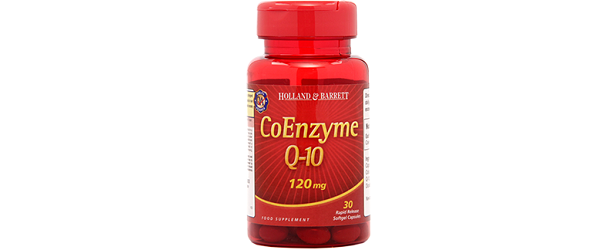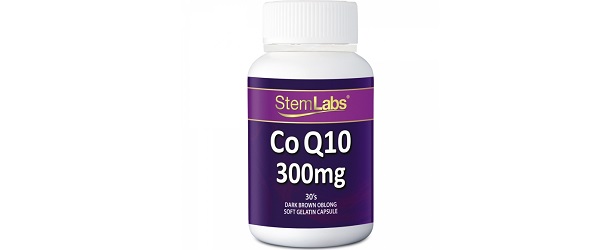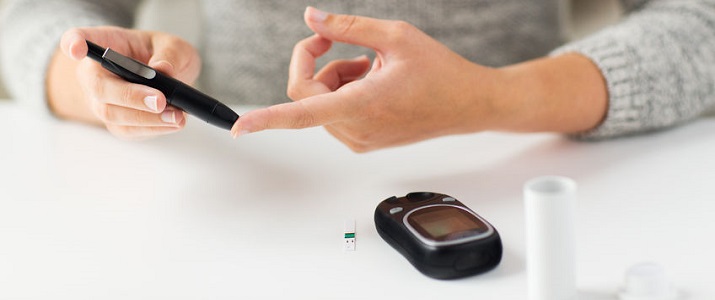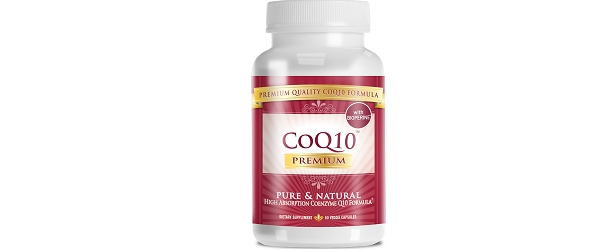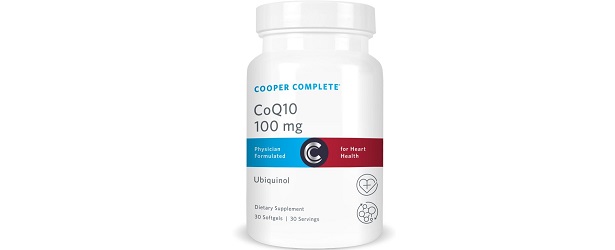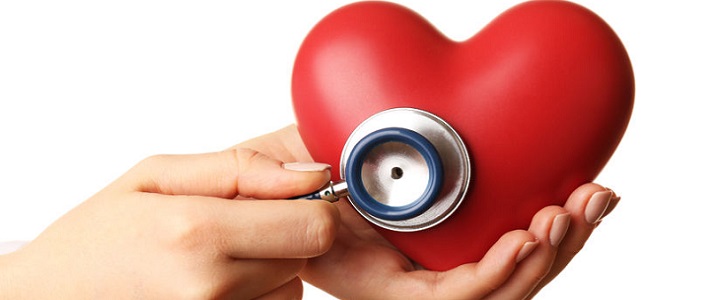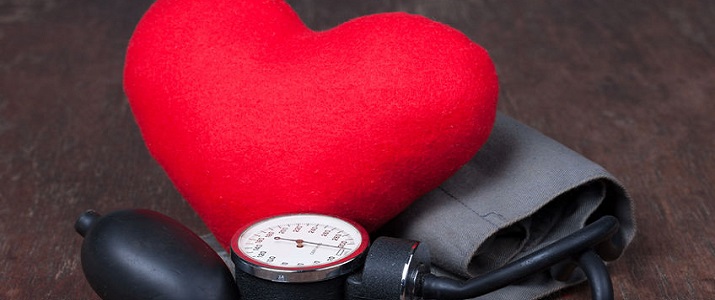
CoQ10 – Blood Pressure
High blood pressure or hypertension, is one of the leading causes of death globally because it could result in a heart attack or stroke. One in three Americans is affected by high blood pressure, and therefore they are at risk.
Blood pressure measures how hard blood pushes against vessel walls and it is measured in mmHg (millimeters of mercury). A blood pressure above 140 mmHg/90 mmHg (which are the pressures when the heart is contracting and when it isn’t) is considered to be high blood pressure.
Blood pressure is affected by many factors, so a variety of changes to lifestyle and diet can cause it to decrease.
Lifestyle changes
One of the most effective ways to lower blood pressure is to decrease stress levels. Stressing causes the release of a variety of hormones which narrow the blood vessels and increase blood pressure. Decreasing stress will, therefore, decrease the amount of these hormones and allow pressure to normalize. Ideas for decreasing stress include meditation and yoga, learning and avoiding stress triggers and getting sufficient sleep – about eight hours a night.
More long-term management of blood pressure should include increasing exercise as this causes peripheral vasodilation – increased blood flow to the muscles, which reduces total blood pressure. Excessive amounts of exercise are not necessary – just an increase in daily activity, such as housework, stair climbing and walking. Exercise should also help you to lose weight, which is important to lower blood pressure too.
If you do smoke, it is highly recommended that you stop. The chemicals in cigarettes damage the walls of blood vessels, which lead them to harden and this increases overall blood pressure.
Dietary changes
The different kind of foods we eat have a variety of effects on our blood pressure. Foods which cause increased water absorption, such as sodium and glucose, in salt and sugar respectively, cause the blood pressure to increase. There are large amounts of salt and sugar in processed foods, so it is best to avoid those and other foods which contain high amounts of salt or sugar. Increasing potassium intake has the opposite effect and is suggested to lower blood pressure.
Other substances act as a stimulant, which can increase blood pressure. One example of these is caffeine, which should be minimised in your diet. Another substance to consume in moderation is alcohol. Many alcoholic beverages contain added sugars and high amounts of alcohol can also damage blood vessel walls.
There are certain substances that have a positive effect when eaten, such as dark chocolate. Dark chocolate is about 60-70% cocoa and contains flavonoids which cause blood vessels to dilate, which decreases blood pressure.
Other changes
If after all the lifestyle and dietary changes made, your blood pressure is still too high, there are a variety of other ways you can help to lower it. There are a number of natural supplements which lower blood pressure including garlic, celery juice and ginger root;. There are also a number of commercial supplements such as magnesium, omega-3 and citrulline supplements. If, even after all of those efforts, blood pressure is still elevated, a health professional may prescribe drugs to help.
TOP 5
COQ10Treatments |
|||||
| CoQ10 Pure | Nature Made CoQ10 | Piping Rock Absorbable CoQ10 | Source Naturals CoQ10 | Natural Factors Coenzyme Q10 | |
|---|---|---|---|---|---|
| 1 | 2 | 3 | 4 | 5 | |
| Price (1 bottle) Price (6 bottles)best value |
$49.95 $139.70 |
$30.49 $182.94 |
$25.49 $139.77 |
$28.45 $170.70 |
$49.99 $299.94 |
| Overall Rating | 99.50% | 90.20% | 89% | 87.89% | 87% |
| Effectiveness |





|





|





|





|





|
| Speed of Results | Extremely Fast | Good | Average | Slow | Slow |
| Quality of Ingredients | Premium | Good | Good | Average | Average |
| Customer Satisfaction Evaluation | 99.40% | 92% | 89.78% | 88.23% | 87% |
| Safety Evaluation | Safe for Use | Safe for Use | Safe for Use | Safe for Use | Safe for Use |
| Customer Service Rating |





|





|





|





|





|
| Reorder Rate | Highest | Good | Good | Average | Average |
| Return Policy | Risk Free | Risk Free | Risk Free | No | No |
| Success Rate | 99.40% | 78% | 78.50% | 74.20% | 60% |

 Subscribe Now
Subscribe Now




